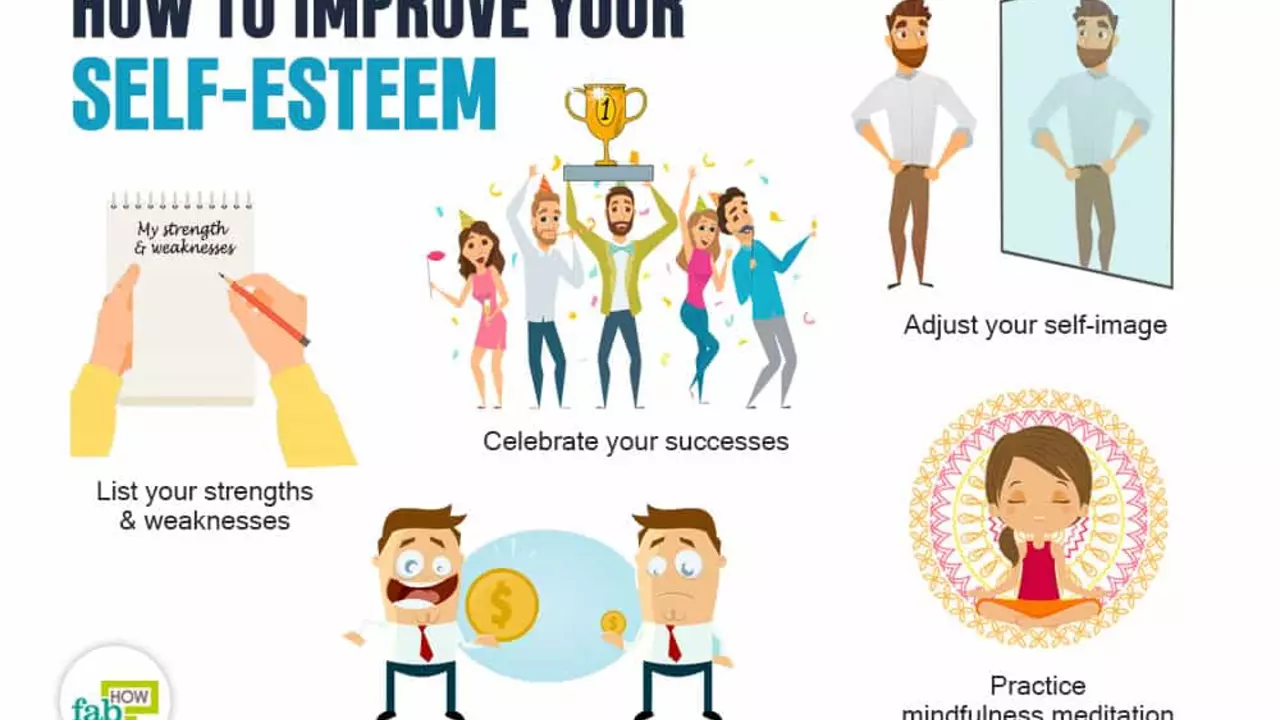Clear skin: practical routine, food fixes, and safe supplements
Want clearer skin without chasing every trend? You can get noticeable improvement by simplifying what you do and paying attention to a few proven habits. Below are straightforward steps that actually help, plus supplement options that might boost results — and safety checks so you don’t make things worse.
Simple daily routine that actually works
Start with a gentle cleanser twice a day. Don’t scrub — use your hands and a mild cleanser for oily or normal skin. If you use active ingredients, rotate them: salicylic acid for blackheads, benzoyl peroxide for inflamed spots. Apply one active in the evening, and use sunscreen every morning. Sunscreen prevents dark spots and reduces irritation from treatments.
Moisturize even if your skin is oily — pick a light, non-comedogenic lotion. Over-drying triggers more oil production, which makes acne worse. Keep your pillowcases clean, avoid touching your face, and don’t pick pimples. Those little habits cut down on new breakouts fast.
Spot treatments are useful: a dab of benzoyl peroxide or sulfur-based product on a pimple overnight can reduce size and redness. If you try retinoids, introduce them slowly (twice a week at first) because they can sting and peel until your skin builds tolerance.
Diet, supplements, and what to watch out for
Food changes can help. Cut back on high-sugar drinks and very processed snacks — they can spike oil production for some people. Drink water, eat more veggies, and include healthy fats like nuts, seeds, and oily fish for skin repair.
Supplements some readers find helpful: garden cress and English walnut supplements offer nutrients linked to skin repair and glow; apricot extracts and luffa (used as a food supplement in some cultures) can support skin health too. But don’t assume “natural” means harmless.
Black seed supplements, for example, have liver risk and drug interactions at high doses. If you’re on medication or have liver issues, talk to a clinician before trying new supplements. Our site covers black seed safety and safe daily limits — read that before you start a course.
Also check interactions: many plant supplements affect how drugs are processed. If you take prescription meds for depression, diabetes, or heart conditions, ask a pharmacist whether a supplement is safe with your meds.
If acne is severe, or nothing helps after consistent home care for 8–12 weeks, see a dermatologist. Prescription options work faster and often clear scarring risk. For milder cases, a steady routine, small diet changes, and careful use of supplements can make a big difference — without drama.
Want specific product picks or a step-by-step morning/evening plan? Tell me your skin type and current products and I’ll write a simple routine you can follow for 4 weeks.
Isotretinoin and Self-esteem: How Clear Skin Can Improve Your Confidence
In my latest blog post, I delve into the relationship between isotretinoin, a powerful acne medication, and self-esteem. It's no secret that clear skin can boost your confidence, and isotretinoin has proven to be highly effective in treating severe acne. The transformation it brings to those who have struggled with persistent acne is truly life-changing. However, it's important to remember that this is a potent drug with potential side effects, and it's not for everyone. Consultation with a dermatologist is crucial before starting isotretinoin.
Read More
